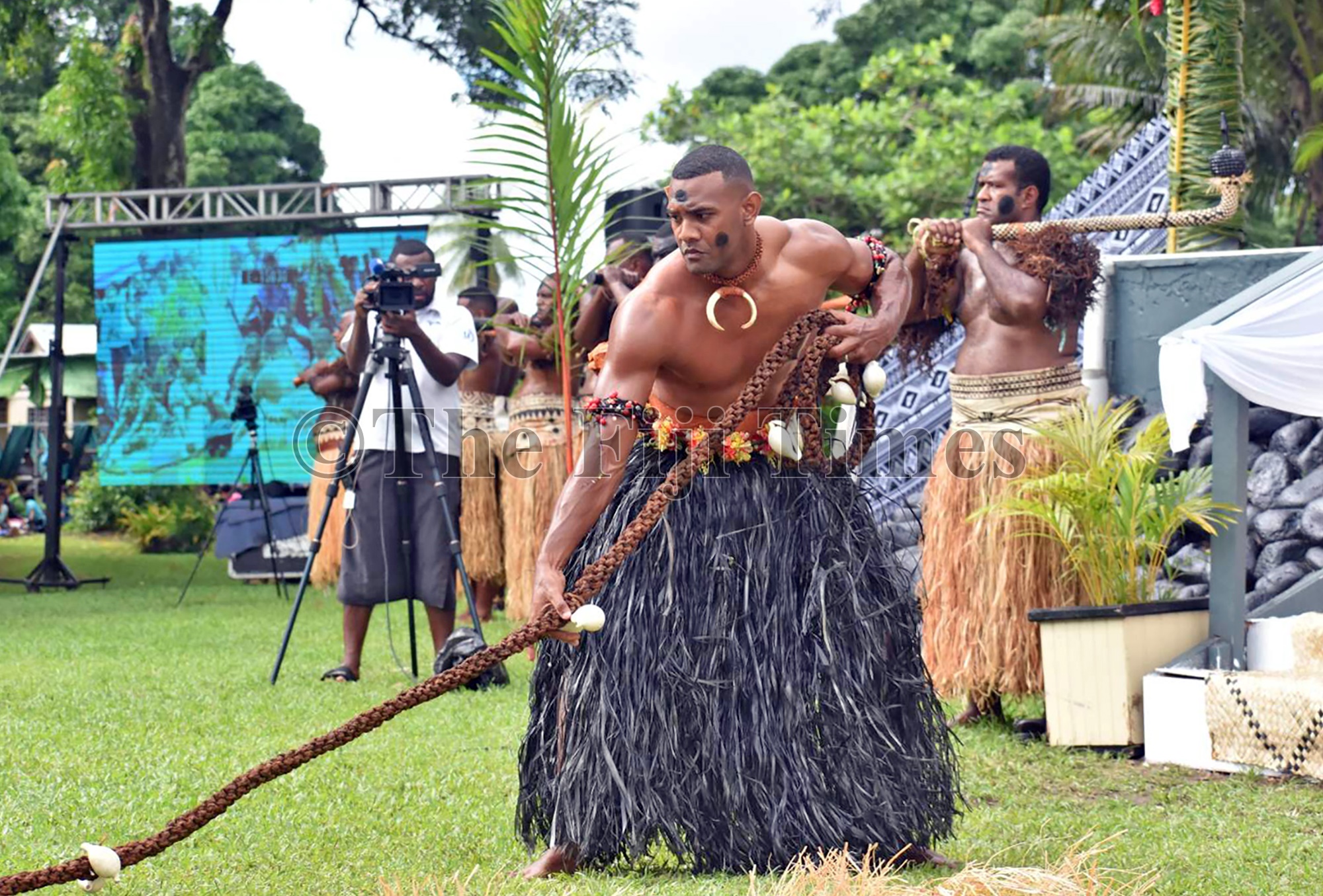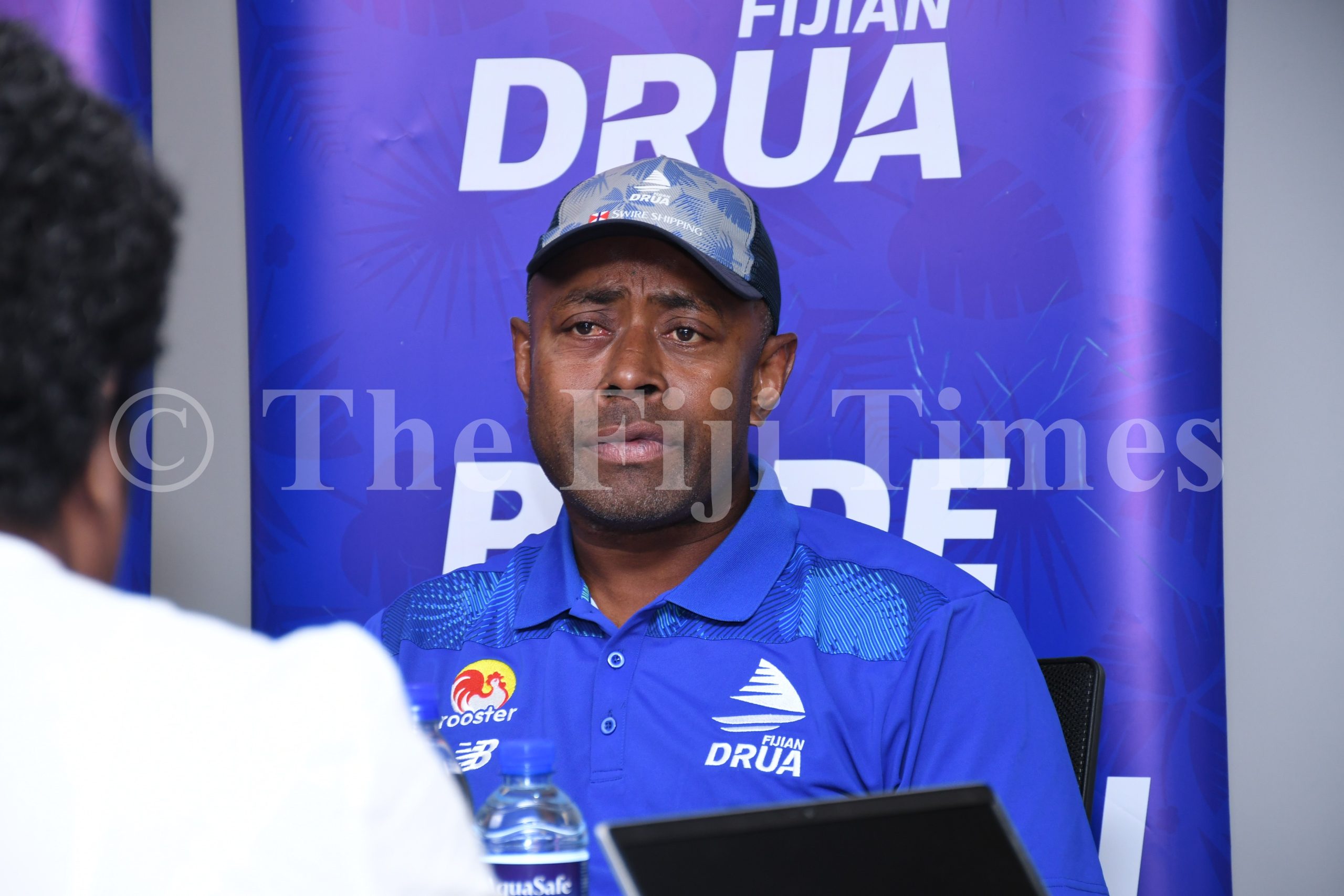Recently, in trying to position the role of the GCC in a discussion, I shared the wisdom of Sevanaia Tabua (RIP), a senior officer of the Taukei Land Trust Board (TLTB) who over two decades ago explained that; “…In the past, the chiefs were responsible for our safety, our resources and our values, characterised by our customary practices. The Constitution has shifted the responsibility of our safety to the Government while the responsibility for our resources is in the hands of the mataqali landowners. The chiefs are therefore only left with culture and values.”
In the context of the current review of the Great Council of Chiefs (GCC), I believe therein is the relevance of the resurrected GCC.
How do we equate culture and values with statistics and research revealing that:
- iTaukei claim 75 per cent of the poor, number the highest as sexual abusers of their relatives including children;
- Have multiple relationships and usually dump their children with mostly grandparents;
- Are not too interested in sending their children to school; and
- Number the most as homeless on the streets of major urban areas, where forms of survival often include selling drugs and sex.
Indigenous institutions
The concern I have is, if the GCC is to be effective, the institutions that support it must also be effective and I refer in particular to the following; Ministry of iTaukei Affairs, iTaukei Affairs Board (TAB) iTaukei Land Trust Board (TLTB), iTaukei Trust Fund Board (TTFB) and iTaukei Land and Fisheries Commission (TLFC).
Based on research (Daurewa 2013:101) refer:
- TAB is a statutory body.
It is mandated to monitor the government to ensure it develops, maintains and promotes policies that will provide for the continued good governance and wellbeing of the Taukei now and into the future.
But, it was noted that TAB had not honoured its fiduciary responsibility for the governance of the Taukei as required under Cap 120.
In 2013, TAB’s last financial audit including provincial councils was 1997.
That was 15 years of unaccountability!
Recommendations included legislation be amended to protect the people from participating in fundraising initiatives of provincial councils that do not comply with good governance principles;
- TLFC is a statutory body established in the 1920s to initially protect native land.
TLFC is mandated under the Taukei Land Act Cap 133 and the Fisheries Act Cap 158 to ascertain what lands and fishing grounds in each province are the rightful and hereditary properties of native owners.
TLFC also adjudicates on disputes regarding land ownership.
TLFC is the custodian of the Vola ni Kawa Bula, a register of social kinship that helps ascertain land ownership and chiefly titles.
However, the High Court of Fiji Civil Action No. HBC 383/06 by Judge Filimoni Jitoko in which the Native Lands Commission was the defendant on April 30, 2008 (In Daurewa 2013:101) revealed the following: “…the commission (NLC) should not be afraid to amend its records accordingly.
It must not adhere to the conventional belief that its record of proprietary units and individual members as contained in the VKB is sacrosanct.
This record is a living instrument of Fijian ethnography and must of necessity accurately reflect the make-up or composition of every yavusa.
It cannot meet this obligation if it continues to exercise undue caution to correct its record in the face of irresistible evidence to the detriment of the maintenance of a harmonious and cohesive community or yavusa…”
Somate
Some might recall somate as the spreader of COVID-19 in 2020.
In 2015, I was commissioned by the Taukei Trust Fund Board (TTFB) to undertake a research on the customs surrounding how the grieving living farewell their dead, in a process called somate.
The 471 respondents involving men, women and youth in rural and urban across Fiji plus some overseas represented the 14 provinces.
The research examined how the iTaukei was taking various steps to make somate meaningful in the 21st century.
I was assisted by; Jokapeci Qalo-Qiolevu, Losalini Tugia (RIP), Maria Musudroka, Salanieta Soli, Semisi Nakoronivalu and Tuwaci Rasolo.
In summary the findings revealed that the significance and implications of these practices were found to be firmly based on both pre-Christian and Christian religions, both of which are now integral to funeral practices in the somate.
The economic significance and implications of these practices though, indicate that the somate had become unduly and unrealistically burdensome to the iTaukei (who made up 60 per cent of Fiji’s poor population then), forcing them to go into (financial) debt.
Recommendations assume the desirability of the raising of awareness on practices of the somate, their origin, purpose and significance.
Regrettably, the findings were disabled from being presented to the provincial councils as was the original intention.
By not disclosing research data, the institutions had deprived the iTaukei and others interested from additional knowledge and understanding of the cultural, social, religious and economic significance and implications of funeral customs and practices of
an indigenous community in Oceania.
Furthermore, it questions the fiduciary accountability of these institutions, for a budget was allocated and spent for this work.
It is beneficial that people should know that the laws of their forebears were regulated through their customary practices, that values expressed and demonstrated in these practices are the glue that holds society together, and that tuvaulu and lakovi were stepping stones to ensuring women and children were respected, cared for and protected.
Our past is not a deep pit to hold back, but a solid foundation that we can modify to suit present realities and changing needs without losing its power as our own physical and spiritual place in which we are firmly grounded and on which we build.
Conclusion
The GCC can no longer cocoon itself.
The GCC must be relevant, effective and accountable.
• These are the views of ALISI DAU- REWA and not of this newspaper. She is a program specialist and a freelance consultant. On a personal level, she served as a member of the Kadavu Provincial Council for over a decade and became the first woman to chair the Kadavu development committee (20050-2012).






